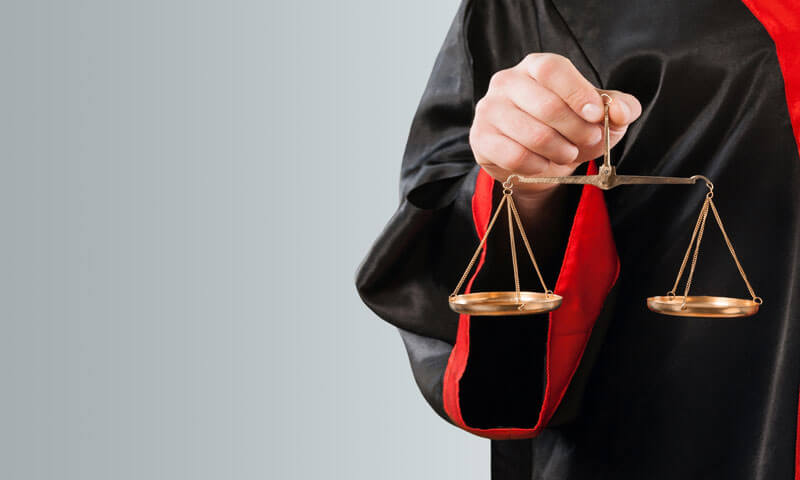
Ed Sheeran took the witness stand at Manhattan federal court on Thursday, captivating the courtroom as he performed a snippet of his hit song “Thinking Out Loud” while defending himself against allegations of copyright infringement. The trial centers around claims that Sheeran copied elements of Marvin Gaye’s iconic track, “Let’s Get it On.”
As the first witness in his own defense, the British singer-songwriter shared insights into his creative process when he wrote the song in 2014. Sheeran explained that “Thinking Out Loud” was inspired by his personal experiences of love and loss, following the start of a new romantic relationship and the passing of his grandfather.
In court, Sheeran revealed how he draws inspiration from his life and family, highlighting the influence they have on his songwriting. He specifically mentioned the role of his friend and collaborator, Amy Wadge, who had visited his home in England and started strumming the chords for the song. Sheeran and Wadge then worked together on crafting the lyrics.
Sheeran performed a brief excerpt of the song on the witness stand to demonstrate his point. He played the chord progression with a guitar in hand and sang the opening words, “When your legs don’t work like they used to.” This impromptu performance emphasized his creative process and conveyed how he developed the distinctive elements of “Thinking Out Loud.”
Let BCG Attorney Search connect you with the best legal talent in the industry.
During his testimony, Sheeran addressed the allegations made by the heirs of Ed Townsend, the co-writer of Marvin Gaye’s “Let’s Get it On.” The heirs claim a share of profits from “Thinking Out Loud,” asserting that Sheeran copied substantial portions of their father’s song. Sheeran, however, maintained that the phrase “I’m thinking out loud” emerged organically during his collaborative session with Wadge, stemming from the original phrase “I’m singing out now.”
Sheeran explained his approach to songwriting and described how vocal melodies often evolve from phonetics, emphasizing the importance of the sound and rhythm of the lyrics. This insight aimed to illustrate that similarities in specific phrases or musical elements do not necessarily indicate deliberate copying.
Earlier in the trial, the plaintiffs’ lawyers presented a video clip showcasing Sheeran seamlessly transitioning between “Thinking Out Loud” and “Let’s Get it On” during a live performance. They argued that this demonstrated Sheeran’s acknowledgment of the resemblance and amounted to a confession of infringement. However, Sheeran maintained that such mashups and medleys are common among musicians and do not necessarily imply copying.
The trial is set to resume on Monday, with further examination and cross-examination of witnesses expected. The outcome of this case will have significant implications for both Sheeran and the heirs of Ed Townsend, as it will determine whether the similarities between the songs warrant a share of the profits from “Thinking Out Loud.”
As the legal proceedings continue, the music industry eagerly awaits the verdict, which could potentially shape future discussions around copyright infringement and the boundaries of musical inspiration. The trial not only explores the specifics of this case but also raises broader questions about artistic originality and the creative process in an era where musical compositions often draw upon and build upon previous works.
































